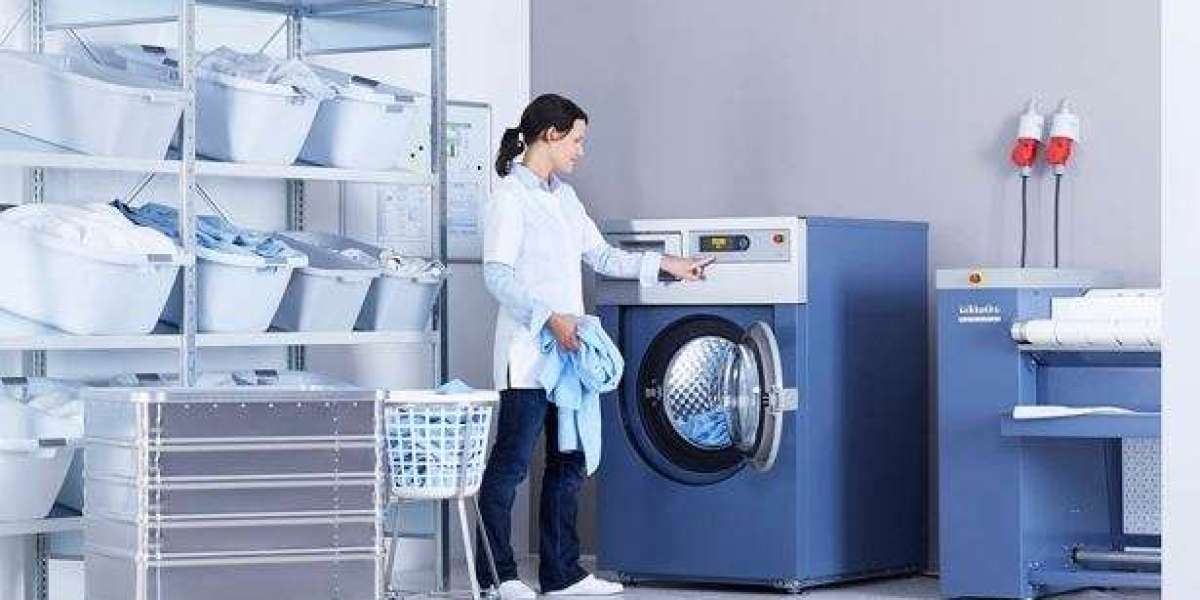Corrosion is a natural process that deteriorates materials, especially metals, due to chemical reactions with their environment. This can lead to significant damage and costly repairs. Corrosion control units are essential in preventing and managing this issue. In this article, we will explore what corrosion control units are, how they work, and their importance in various industries.
What Are Corrosion Control Units?
Corrosion control units are systems or devices designed to prevent or reduce the rate of corrosion in materials. They are commonly used in industries where metal structures and equipment are exposed to harsh environments, such as oil and gas, water treatment, and manufacturing.
Types of Corrosion Control Units
- Cathodic Protection Systems: These systems use electrical currents to counteract the electrochemical reactions that cause corrosion. There are two main types:
- Sacrificial Anode Systems: These use a more reactive metal (anode) that corrodes instead of the protected metal.
- Impressed Current Systems: These use an external power source to provide a constant protective current.
- Coatings and Linings: Applying protective coatings or linings to metal surfaces can create a barrier that prevents corrosive substances from reaching the metal. Common materials include epoxy, polyurethane, and zinc.
- Corrosion Inhibitors: These are chemicals added to the environment that reduce the corrosion rate. They work by forming a protective film on the metal surface or by neutralizing corrosive agents.
- Corrosion Monitoring Systems: These systems continuously monitor the condition of metal structures and provide data to predict and prevent corrosion. They use sensors and other technologies to detect early signs of corrosion.
How Do Corrosion Control Units Work?
Corrosion control units work by interrupting the electrochemical processes that cause corrosion. Here’s a closer look at how some of these units function:
- Cathodic Protection: In sacrificial anode systems, the anode material (like zinc or magnesium) corrodes instead of the protected metal. In impressed current systems, a rectifier supplies a continuous current to the metal, making it the cathode and preventing it from corroding.
- Coatings and Linings: These act as physical barriers, preventing moisture, oxygen, and other corrosive agents from contacting the metal. Advanced coatings can also contain inhibitors that provide additional protection.
- Corrosion Inhibitors: These chemicals can be added to liquids or gases that come into contact with metal surfaces. They work by either forming a protective layer on the metal or by reacting with corrosive substances to neutralize them.
- Monitoring Systems: These systems use various sensors to detect changes in the metal’s condition. Data from these sensors can be analyzed to predict when and where corrosion might occur, allowing for proactive maintenance.
Importance of Corrosion Control Units
Corrosion control units are vital for several reasons:
- Safety: Corrosion can weaken structures and equipment, leading to failures that can cause accidents and injuries. By preventing corrosion, these units help ensure the safety of workers and the public.
- Cost Savings: Repairing or replacing corroded equipment can be expensive. Corrosion control units help extend the lifespan of assets, reducing maintenance and replacement costs.
- Environmental Protection: Corrosion can lead to leaks and spills of hazardous materials, causing environmental damage. Effective corrosion control helps prevent such incidents.
- Operational Efficiency: Corrosion can cause equipment to malfunction or operate less efficiently. By maintaining the integrity of equipment, corrosion control units help ensure smooth and efficient operations.
Applications of Corrosion Control Units
Corrosion control units are used in a wide range of industries, including:
- Oil and Gas: Pipelines, storage tanks, and offshore platforms are all susceptible to corrosion. Corrosion control units are essential for maintaining the integrity of these structures.
- Water Treatment: Water treatment plants use metal pipes and tanks that can corrode over time. Corrosion control units help ensure the reliability of these systems.
- Manufacturing: Factories and industrial plants use various metal equipment and structures that need protection from corrosion to maintain productivity and safety.
- Marine: Ships, docks, and other marine structures are constantly exposed to saltwater, which accelerates corrosion. Corrosion control units are crucial for protecting these assets.
Choosing the Right Corrosion Control Unit
Selecting the appropriate corrosion control unit depends on several factors:
- Environment: The type of environment (e.g., marine, industrial, underground) will influence the choice of corrosion control method.
- Material: Different metals have varying susceptibilities to corrosion. The material of the structure or equipment will determine the best protection method.
- Cost: Budget constraints can affect the choice of corrosion control units. It’s important to balance cost with the level of protection required.
- Maintenance: Some corrosion control methods require more maintenance than others. Consider the long-term maintenance needs when selecting a system.
Conclusion
Corrosion control units play a critical role in protecting metal structures and equipment from the damaging effects of corrosion. By understanding the different types of corrosion control units and how they work, industries can make informed decisions to safeguard their assets, ensure safety, and save costs. Whether through cathodic protection, coatings, inhibitors, or monitoring systems, effective corrosion control is essential for maintaining the integrity and longevity of valuable infrastructure.
By implementing the right corrosion control strategies, industries can prevent costly damage, enhance operational efficiency, and protect the environment. Investing in corrosion control units is not just a matter of maintenance but a crucial step towards sustainable and safe operations.



